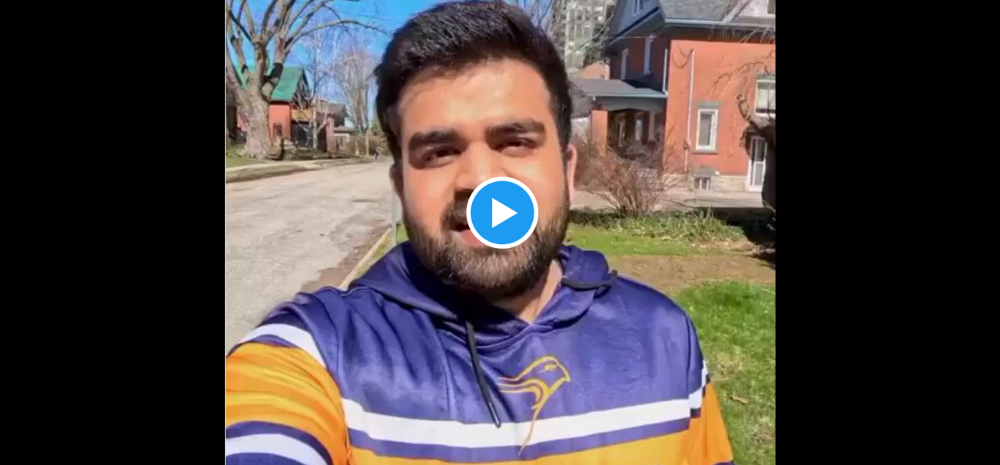In the digital age, misinformation can spread rapidly, often with damaging consequences. The recent experience of Mehul Prajapati, an Indian student studying in Canada, highlights the dangers of false narratives and online backlash.

The Innocent Video That Sparked a Storm
Prajapati, a 26-year-old student pursuing his Master’s degree, shared a video on Instagram detailing how students at his university could access free groceries through a legitimate program. However, the video was misinterpreted when shared on other social media platforms, leading to false accusations and threats against Prajapati.
From Helpful Student to Alleged “Thief”
The distorted narrative surrounding Prajapati’s video quickly gained traction, with some individuals branding him as a “thief” and a “freeloader.” Rumors even circulated that he had been fired from his job at a Canadian bank, adding to his distress.
this guy has a job as a bank data scientist for @TD_Canada, a position that averages $98,000 per year, and proudly uploaded this video showing how much “free food” he gets from charity food banks.
— pagliacci the hated 🌝 (@Slatzism) April 20, 2024
you don’t hate them enough. pic.twitter.com/mUIGQnlYu6
Setting the Record Straight: The Truth Behind the Controversy
Contrary to the accusations, Prajapati was not stealing from government-run food banks. He was simply participating in a program offered by his university to combat food insecurity among students. Additionally, he had completed an internship at a Canadian bank as part of his college requirements and was not eligible for full-time employment.
The Impact of Social Media Misinformation
Despite providing evidence to refute the false claims against him, Prajapati faced continued hostility and threats. The experience took a toll on his mental health, prompting him to deactivate his social media accounts and retreat into isolation.
Lessons Learned: Navigating the Digital Landscape
Prajapati’s ordeal serves as a stark reminder of the dangers of misinformation in the digital age. It underscores the importance of verifying information before jumping to conclusions and the need for greater media literacy skills.
Conclusion: Moving Forward with Caution and Compassion
As we navigate the complexities of online discourse, it’s essential to approach information with skepticism and empathy. Prajapati’s story reminds us of the power of social media to shape narratives and the importance of critically evaluating the information we encounter.











